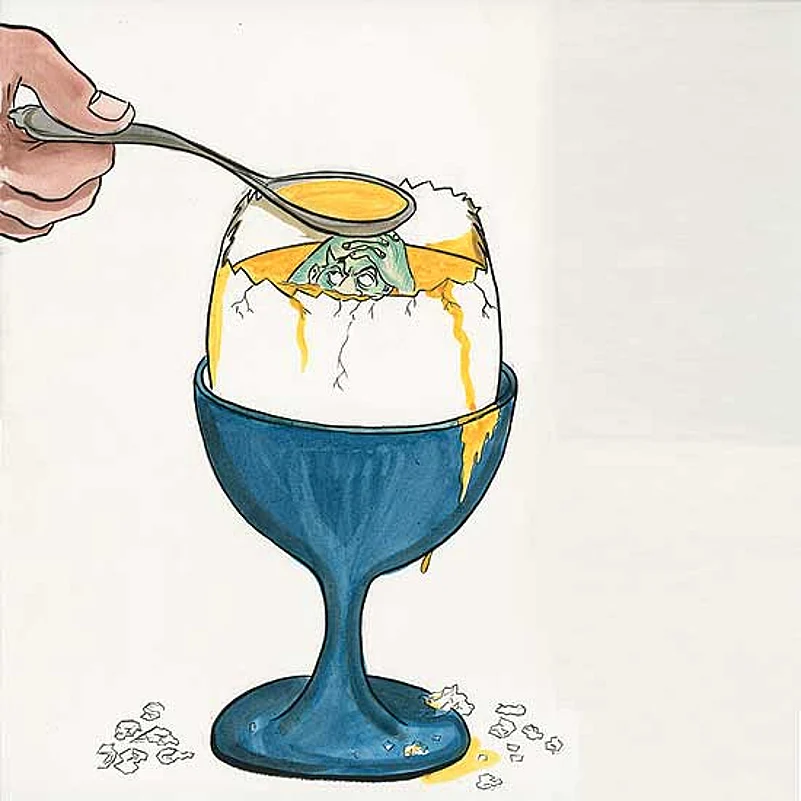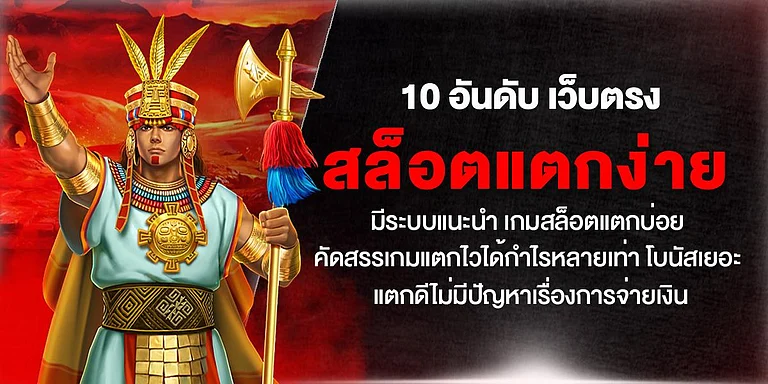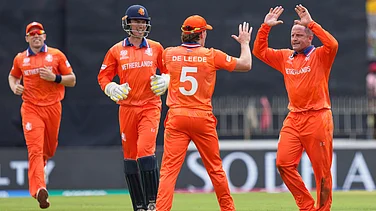Every nation has its transforming experiences, the time when it emerges from its shell and proves that it can look any man and any peer in the eye. It can happen on a battlefield or a sports field or in the political or business spheres. It is a time of assertion, a sign of confidence and indicates the banishment of timidity and any sense of inferiority. It’s a time when it’s fine to be white or brown or black or male or female, or Hindu or Muslim or upper or lower caste. It is a time of breakthroughs.
And until that day dawns, till the deed is done, it is all frustrations and agitations that unleash hotheads, apologists and rabble-rousers. But the nation at large knows that the sound and fury does not signify. The true noise comes from inside, a rumble that becomes a roar. Only then can it happen. Only then can the nation emerge.
Eventually it’s time to leave the chrysalis and grow wings. Tunisia and Egypt are going through such a period. Did protesters expect the tumult to grow so quickly or to sound as loud? Blows have been struck before, brave words spoken, but they were gestures against the typhoon.
It’s the same in sport. One day the reckoning arrives and then the roar is heard around the land. It might be when Murali is called for throwing in Adelaide and the captain threatens to take his players off the field. So much for the sweet Lankans. Suddenly the blue blood had turned red. So much for tranquil Buddhists. Afterwards, Ranatunga laughed and said: “Maybe I will be more Buddhist from now on!” But he had recognised the moment. Sri Lankan cricket was ready to stand its ground.
It could happen when a leader unites a collection of mavericks and holds them together till a World Cup has been won. Imran Khan was another freedom fighter in white clothes. It did not matter that his players had their own agendas. He had shown what Pakistanis could accomplish when they fought the opposition and not each other. The lesson has not quite been absorbed. Maybe Jinnah died too soon.
George Orwell ridiculed sport as war by another name, hardly realising that he was praising it to the skies. Sport is so many things, a competition, a distraction, an expression, an entertainment. It is a voice that demands to be heard but does not want to harm except in pursuit of an athletic endeavour willingly undertaken by all parties.
India’s moment of cricketing liberation came at Lord’s in 1983. Of course it was important. Bob Marley sang of the need to liberate oneself from mental slavery. It can take the winning of a prestigious tournament to make people realise their capabilities. The nation could stand on its hind legs. No matter that they are wiser and more important, it cannot be accomplished by mathematicians or medics or other modest souls. The feat lies with the soldier and the sportsman.
It was a glorious victory secured against formidable odds by a battle-hardened team that refused to kow-tow even to the mighty West Indians, arguably the most destructive team the game has known. India worked hard and prevailed. It was a triumph of the spirit. But the victory had another aspect. India already had a Test match hero in Sunil Gavaskar; in the World Cup, it found its first one-day hero in the captain. Gavaskar was urban, crafty, brave, polished, methodical, his brilliance hidden under a cloak of concern. Kapil Dev was rural, risky, debonair, silky, sultry, his method concealed by a coat of audacity. They were the roundhead and the musketeer. India had many faces and greatness lay within its capacity.
And so it was that India conquered. Naturally the celebrations were huge. It was not a question of celebrating into the night. Of course that happened. It reached beyond celebration and into assertion. Besides a daunting foe, India had overcome itself.
India’s patchy progress from that unexpected day at Lord’s has been vital to the game. If anything, the breakthrough was a bit early. The rest of the country was not ready. Economic reforms were still just ideas. For a decade, it remained a purely sporting achievement. As the years passed, so the team began to grow in stature. Rejecting its caricature, and so its limitations, it began to win away from home, stood firm against the fastest bowlers.

Read my lips Symonds, Harbhajan had a running feud in ’07-08. (Photograph by Getty Images, From Outlook, February 21, 2011)
Eventually the nation began to catch up and to realise its financial power and its clout. India put its mind to building businesses and infrastructure, and meanwhile sought that elusive blend between past and present.
Power came to India in a rush and brought with it many temptations and opportunities. India had a hundred million television sets and so a strong bargaining position. Previously it had been possible to watch cricket all day and night. It was well-known but its meaning was unclear.
Everything was turned on its head. Suddenly India was everyone’s favourite tour and tourists. No one any longer talked about dust or rats or Delhi belly, or the other cliches and caricatures that anyhow belonged to another time and another country. Dennis Lillee opened a pace academy, Brett Lee made some records, Steve Waugh pursued business and charitable interests, Adam Gilchrist’s grin was ubiquitous.
But it was not all sweetness and light. Money does not talk, it swears. Academies appeared left, right and centre, more hands were out than heads down. Stars were feted but domestic players were treated badly and grounds remained medieval. Transparency and accountability had not joined power at the head table. Even now they lag behind. Only now, with the Kerala courts deciding crucially that cricket boards are public, not private, bodies and with Kumble, Srinath and Venkatesh Prasad winning association elections in Karnataka is the tide beginning to turn in favour of integrity.
India began to flex its cricketing muscles. But it is one thing to gain power and another to rule wisely. India had become the primary mover and shaker in the game, its moneybags, its future, its main influence. Everyone knows the saying, ‘He who pays the piper calls the tune.’ IPL arrived and flourished. Australia agreed to annual visits. In the 1970s and 1980s, they turned up once.
After 130 or so years of Westerners dictating terms, the Indians and their neighbours took over. In these early years, they did not bother much with ethics. Alliances were formed and attempts were made to change the order of things. Dubious types were elevated to the presidency of the ICC and then John Howard, an elected leader without any criminal offences against his name or horns on his head, was blocked.
At times the new governors overreached. The hubbub about charges laid against Sachin Tendulkar and Rahul Dravid by a match referee was unnecessary. They had been accused of fiddling with the ball, an accusation backed up by telling pictures. The outcry from the notorious Sydney Test was allowed to get out of hand. Emotion was running the show. India was in danger of putting itself above the law. After all, it was the law.
Likewise, the cynical support for the tyrant in Zimbabwe, and his acolytes, cast Indian influence in a poor light. But these are early days, and there has been a lot of ground to make up. Asked to reflect upon the impact of the French Revolution, a Chinese philosopher replied that it was “too early to tell”. Much the same can be said about Indian influence in cricket. Once the position settles down, India’s contribution can be assessed.
Ultimately, the game does not belong to India or anyone else. As Don Bradman pointed out years ago, “we are all its stewards”. It is a game that seeks servants, not masters. It seeks sincere guidance from capable and stable leaders aware that money is a means to an end and that the popular and the classical are in every arena locked in inevitable conflict. Let not the popular win every battle.
It is superb that the power base has expanded. Cricket has many faces and moods and cricket could not retain its tightness. For now it is permissible to criticise the new leadership but it’s premature to censure. India’s task is to preside over a growing and increasingly democratic game. Cricket is an extraordinary melting pot (look at the histories of its top 10 nations) and we ought to embrace the fact. In that regard the history of this nation itself offers comfort.
Peter Roebuck Former Somerset captain and eminent cricket writer


























